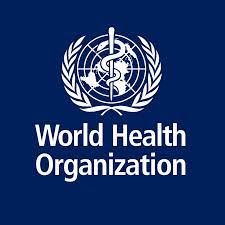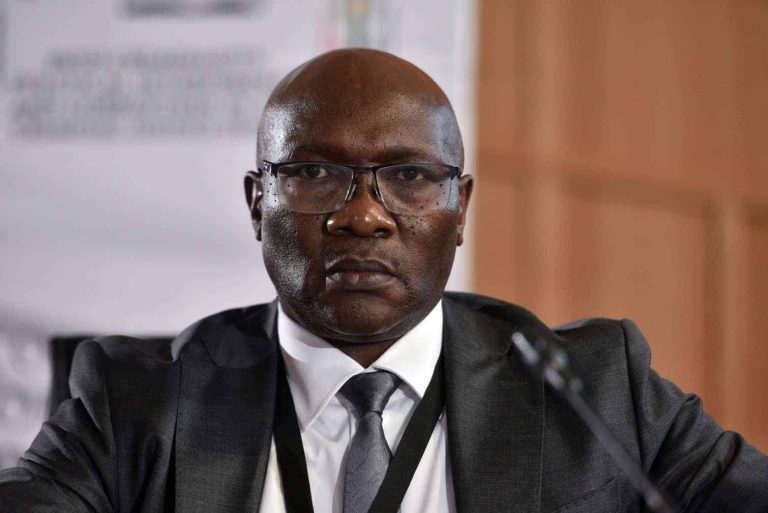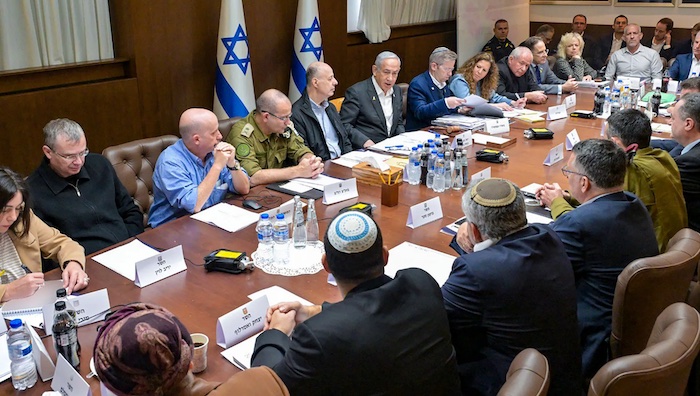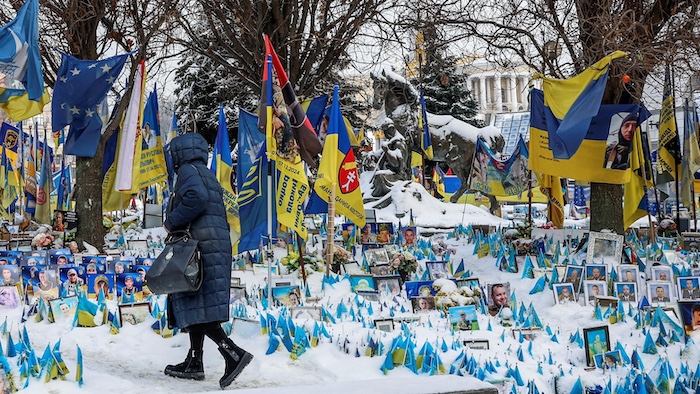
In a promising development in the global fight against polio, Africa has witnessed a remarkable 54% decrease in virus detections within a single year. However, the World Health Organization (WHO) warns that the battle is far from over.
Dr. Mohamed Janabi, the WHO Regional Director for Africa, emphasized the importance of this progress on World Polio Day 2025. “We stand together to celebrate Africa’s advancements toward becoming a continent free of polio and to renew our collective commitment to safeguarding every child,” he stated.
This year’s theme, “End Polio: Every Child, Every Vaccine, Everywhere,” highlights the urgency of reaching children in every corner of Africa. Between January and October 2025, nearly 200 million children were reached through supplementary immunization campaigns across 15 countries.
Notably, 13 nations successfully conducted synchronized vaccination rounds despite facing conflict and challenging terrains.
Highlighting the success of regional cooperation, hotspot regions such as the Horn of Africa—including Djibouti, Ethiopia, Kenya, and Somalia—joined forces to vaccinate 18 million children in just two rounds.
Furthermore, health ministers from the Lake Chad Basin and the Sahel initiated a coordinated campaign in April, aiming to protect 83 million children in border and high-risk communities.
Positive trends are emerging, with Africa decreasing active type 2 poliovirus outbreaks from 24 countries in 2024 to just 14 in 2025.
Encouragingly, only two countries reported cases of type 1 poliovirus, while detections of types 2 and 3 also saw significant declines.
Janabi celebrated Madagascar’s recent announcement of the end of its variant poliovirus type 1 outbreak, calling it “proof that Africa can defeat polio wherever it emerges.”
According to him, the gains have been driven by strengthened surveillance and innovation: 11 WHO-supported labs upgraded genomic sequencing capacity; 6 labs began piloting advanced sequencing techniques; Uganda’s Sanger facility earned WHO accreditation; and 98% of African countries now conduct environmental surveillance through wastewater monitoring.
More than 850,000 frontline workers are digitally paid through mobile-money platforms with 95% receiving payment within 10 days boosting transparency and campaign efficiency.
Geospatial mapping tools are also helping teams reach children in nomadic and remote settlements long missed by routine systems.
Janabi warned that insecurity, declining routine immunization and vaccine hesitancy still threaten to reverse gains.
“To truly end polio, countries must sustain cross-border coordination, reach zero-dose children, expand surveillance and maintain high-quality outbreak response,” he cautioned.
Ending polio, he emphasised, means not only halting transmission but building resilient health systems that protect generations to come.
“As we observe World Polio Day 2025, let us renew our determination to reach every child, with every vaccine, everywhere and consign polio to history, forever,” he urged.
As the continent makes strides towards polio eradication, the WHO continues to advocate for vigilance and ongoing commitment to immunization efforts, underscoring that the fight against polio must persist until the virus is completely eliminated.



